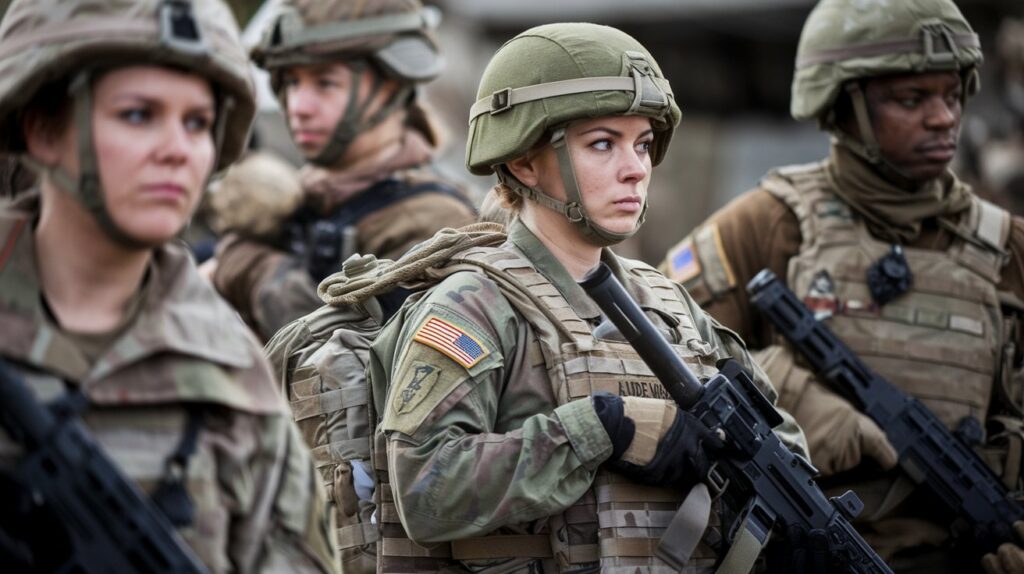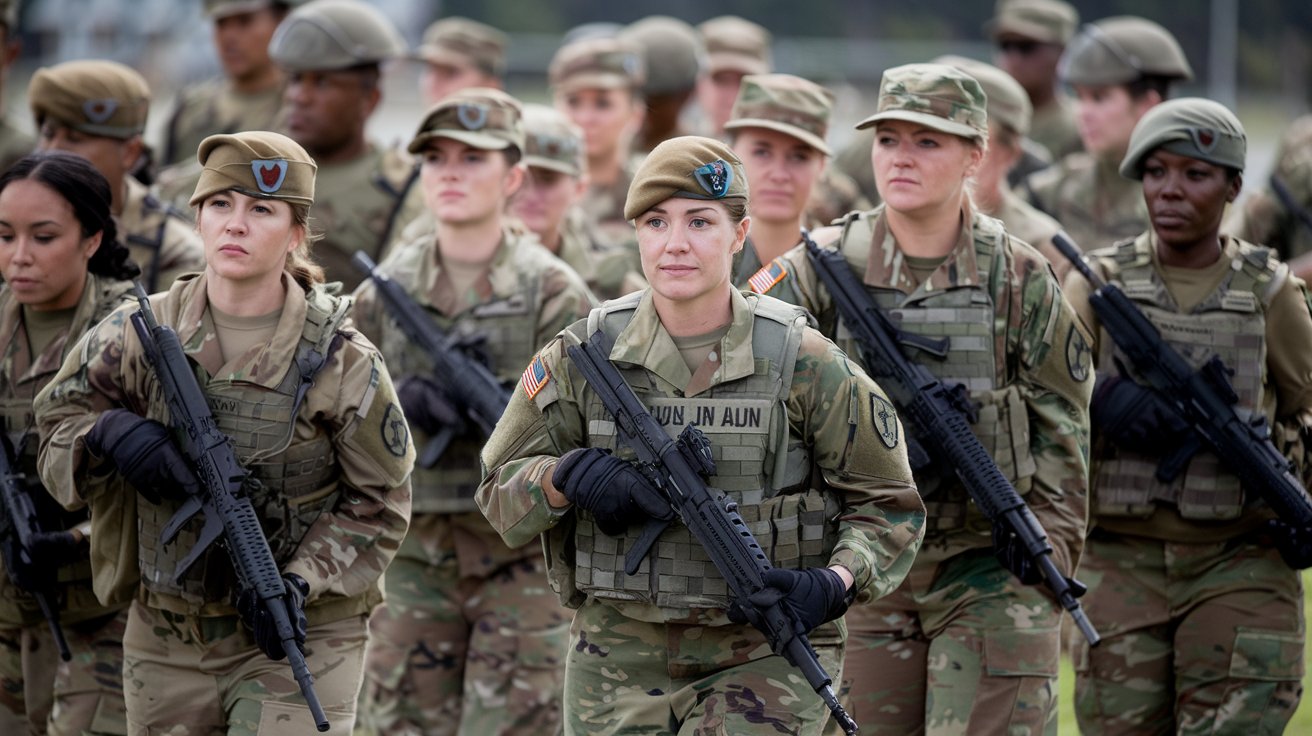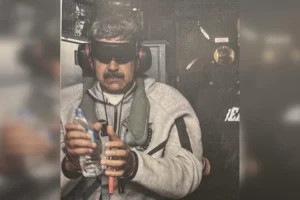Pete Hegseth, a former Army National Guard officer and well-known media personality, has sparked significant controversy with his stance on women serving in combat roles. As a nominee for a key military leadership position, his views have drawn widespread criticism and ignited a national conversation about gender integration in the U.S. military.
The Controversy: Women in Combat Roles
Hegseth has been vocal in his opposition to women serving in direct combat positions, arguing that their inclusion undermines military effectiveness. In a 2024 podcast interview, he stated, “Women in combat roles haven’t made us more lethal. It’s complicated the mission.” His remarks reflect a broader skepticism about the military’s 2013 decision to lift the ban on women in combat roles—a move that allowed thousands of women to serve across artillery, infantry, and special operations units.
Despite these statements, Hegseth has recently softened his position, claiming that he supports gender integration as long as rigorous standards are maintained. He emphasized that “any individual, regardless of gender, who meets the same physical and mental requirements should be eligible for combat roles.”
Heated Confirmation Hearings
During his Senate Armed Services Committee confirmation hearing, lawmakers grilled Hegseth on his past remarks. Senator Elizabeth Warren called his prior statements “disqualifying” and pressed him to clarify his views. Meanwhile, Senator Joni Ernst, a Republican combat veteran, voiced measured concerns but acknowledged his efforts to amend his stance.
Hegseth’s critics argue that his views threaten the progress made since 2013, with Erin Kirk, a Marine Corps veteran, asserting, “Rolling back these policies would harm military readiness and national security.” On the other hand, supporters believe his emphasis on standards ensures the military remains focused on capability rather than quotas.
Global and Domestic Implications

Hegseth’s views have also drawn scrutiny from international allies. NATO leaders, including Canadian General Jennie Carignan, have highlighted the vital contributions women have made in combat roles. These leaders stress that gender diversity strengthens operational effectiveness, countering Hegseth’s assertions.
In the U.S., advocates for gender integration point to the critical roles women have played in military operations, from leading special operations teams to serving in artillery and armor units. They argue that inclusion fosters innovation and reflects the evolving nature of modern warfare.
Why This Debate Matters
The discussion surrounding Hegseth’s nomination and views on women in combat transcends individual opinions; it raises critical questions about the future of the U.S. military. With recruitment challenges already impacting the armed forces, reversing gender-integration policies could exacerbate these issues.
Hegseth’s nomination has become a litmus test for the military’s commitment to inclusivity and meritocracy. As the Senate prepares for a confirmation vote, the outcome will shape not only Hegseth’s career but also the trajectory of gender equality in the armed forces. [USnewsSphere.com]





